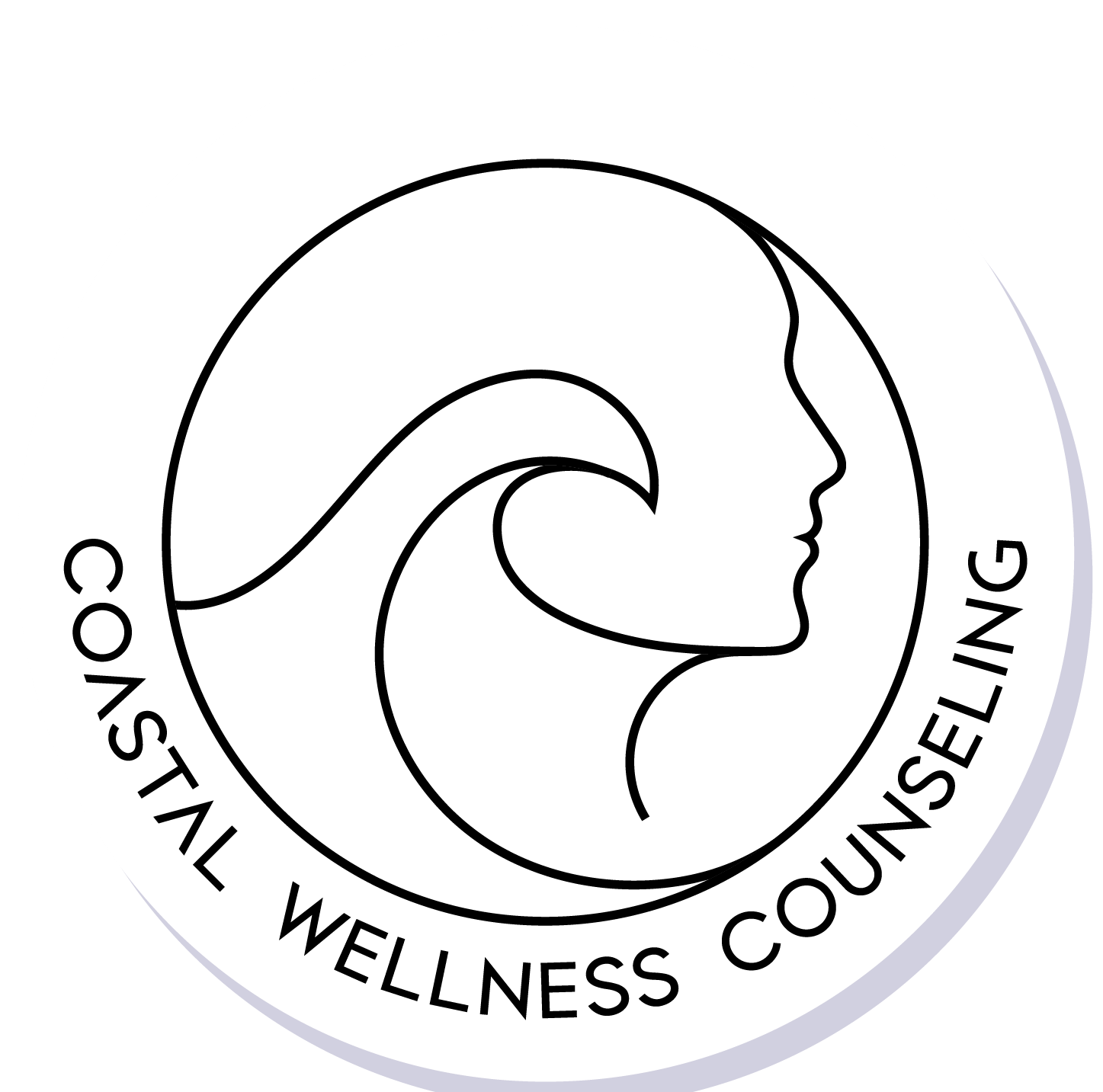
ADHD and Neurodivergence
-
What to Know
ADHD is a neurodevelopmental condition that affects focus, attention, organization, and impulse control. It can look different from person to person—some people struggle more with inattention, while others experience hyperactivity, restlessness, or impulsivity.
Neurodivergence is a broader term that refers to the many natural variations in how brains function. This includes ADHD, autism, learning differences, and other ways of thinking, processing, and experiencing the world. Being neurodivergent isn’t a disorder to “fix,” but rather a way of being that may come with both strengths and challenges.
Thesecan present unique challenges in focus, organization, emotional regulation, and daily functioning. We provide compassionate, evidence-based virtual therapy for ADHD, supporting teens, college students, and adults in managing the complexities of neurodivergence while enhancing well-being.
-
Common Experiences
People with ADHD and other forms of neurodivergence may experience:
Difficulty sustaining focus or completing tasks
Restlessness, impulsivity, or feeling “on the go”
Overwhelm with organization, planning, and time management
Heightened creativity, problem-solving skills, and innovative thinking
Challenges in school, work, or relationships due to misunderstandings
Emotional intensity, including frustration, shame, or anxiety from past struggles
-
Our Approach to Treatment
In therapy, we focus on supporting you in a way that affirms your unique brain and strengths. Treatment often includes:
Psychoeducation – Understanding how ADHD and neurodivergence work in the brain, reducing stigma and self-blame.
Skills Building – Developing strategies for organization, time management, emotional regulation, and communication.
Cognitive-Behavioral Therapy (CBT) – Addressing unhelpful thought patterns, building confidence, and managing stress.
Mindfulness & Self-Compassion Practices – Strengthening focus, resilience, and self-acceptance.
Support for Daily Life – Exploring tools, routines, and accommodations that make tasks easier and reduce burnout.
Identity-Affirming Therapy – Creating space to embrace neurodivergence as a meaningful and valuable part of who you are.
-
Why Therapy Helps
Many neurodivergent people carry years of feeling “not good enough” or misunderstood. Therapy provides a safe space to process this, learn practical tools, and build a life that works with your brain—not against it.
Our licensed clinicians specialize in helping clients understand how neurodivergent brains experience the world differently and develop practical strategies for success at school, work, & home. Through tailored interventions, we address challenges such as impulsivity, inattention, executive functioning difficulties, emotional dysregulation, and co-occurring anxiety or depression.
Each treatment plan is designed to meet the unique needs of the client, recognizing that every neurodivergent experience is different.
Virtual therapy sessions offer flexibility, privacy, and accessibility, allowing you to receive expert support without the stress of travel or scheduling conflicts.
Whether you’re newly diagnosed, exploring if ADHD or another form of neurodivergence fits your experiences, or have known for years, therapy can help you feel more grounded, supported, and empowered.

